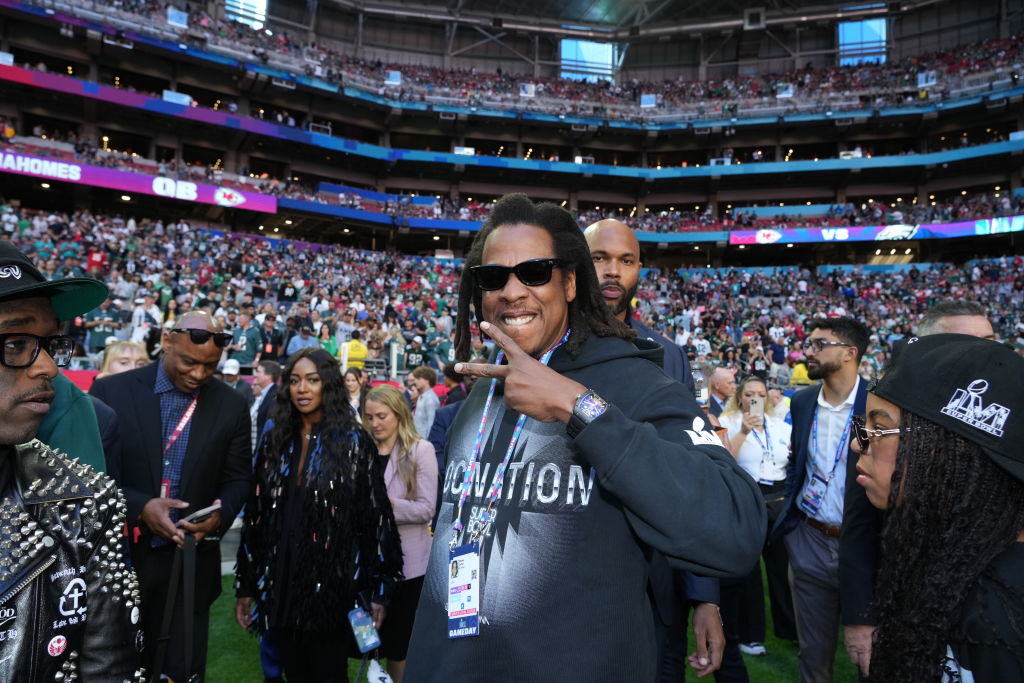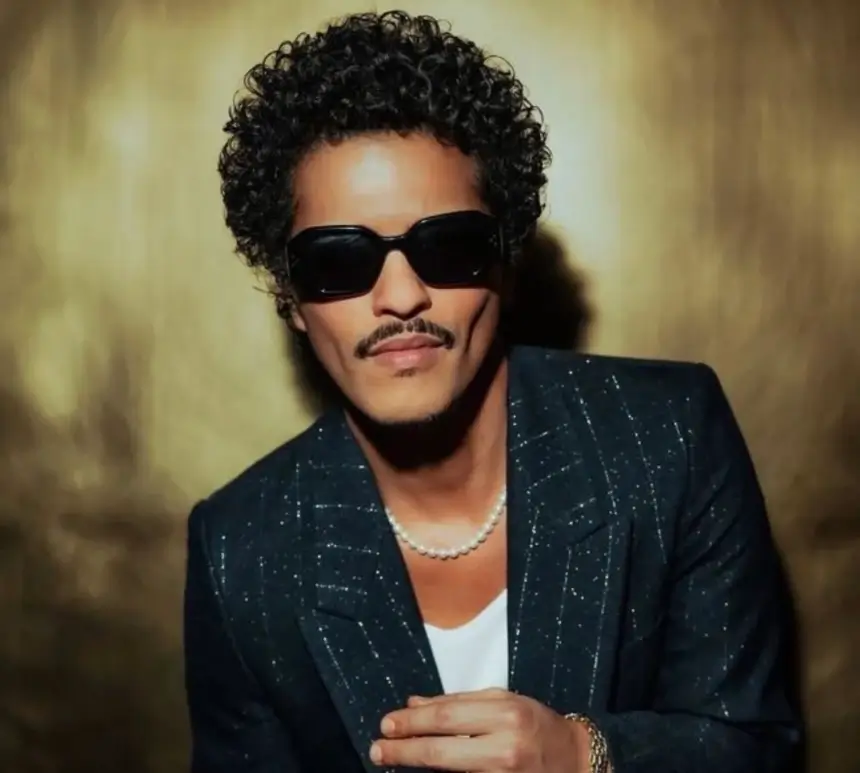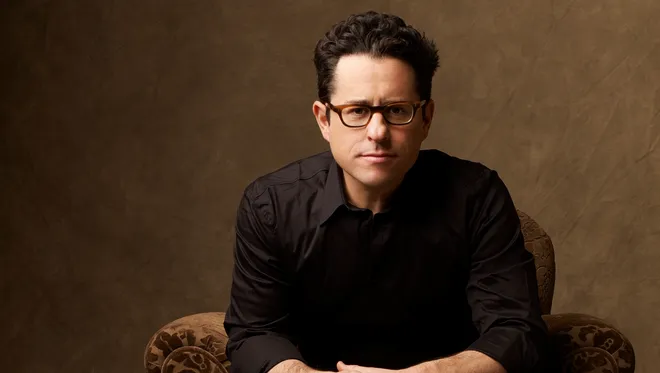When Shawn “Jay-Z” Carter founded Roc Nation in 2008, it was envisioned as more than a music management company. It was a cultural hub, a hybrid of entertainment, branding, and lifestyle. Within a decade, Roc Nation had grown into an empire that stretched across music, television, philanthropy, and fashion. But one of the boldest transitions—one that surprised skeptics yet made perfect sense in hindsight—was into sports, specifically football (both American football and global soccer).
Roc Nation Sports was officially launched in 2013, with the signing of MLB star Robinson Canó, but its ambitions quickly spread across disciplines. By the late 2010s, Roc Nation was negotiating deals for NBA players, representing NFL stars, and—most tellingly—signing top European footballers like Kevin De Bruyne, Marcus Rashford, Romelu Lukaku, and Raheem Sterling.
What separated Roc Nation’s approach from traditional agencies was not just their industry background but their mantra: treat athletes like Jay-Z. This wasn’t a catchphrase—it was a mission statement that blended music-industry vision with sports management.
The Logic Behind the Pivot
Jay-Z understood that sport and music had been walking parallel paths for decades. Rappers referenced athletes in lyrics, while athletes dressed like rappers, curated playlists, and embodied hip-hop’s swagger. Sponsorships and endorsements were often transactional, but cultural influence was something neither side had fully harnessed.
By entering football, Roc Nation wasn’t just creating another sports agency; it was importing the blueprint that had turned Jay-Z into a billionaire brand. The logic was clear:
-
Athletes are cultural figures. Like musicians, they move markets, shape style, and inspire communities.
-
Representation was outdated. Many agencies focused narrowly on contracts and endorsements. Roc Nation saw untapped potential in storytelling, branding, and lifestyle marketing.
-
The global stage of football. Soccer was not just a sport but a global language, one where influence stretched from Manchester to Lagos, from Los Angeles to Seoul.
Treating Athletes Like Jay-Z: What That Means
The phrase “treat athletes like Jay-Z” encapsulates a philosophy that merges respect, elevation, and vision. For Roc Nation, it meant:
-
Artistry in athleticism. Just as Jay-Z is more than a rapper, athletes are more than players. They are artists in motion, and their work deserves to be amplified as cultural contributions.
-
Control of narrative. Jay-Z built his career by owning his masters, his label, and his story. Athletes under Roc Nation are encouraged to build their own narratives—whether it’s De Bruyne crafting a cerebral image as football’s playmaker-poet or Marcus Rashford reshaping the UK’s conversation about child hunger.
-
Luxury positioning. Jay-Z’s brand is synonymous with aspiration, from Armand de Brignac champagne to Basquiat paintings. Roc Nation athletes are positioned with the same aura: as icons whose careers extend beyond the pitch.
-
Community rootedness. Jay-Z never abandoned the Marcy Projects in spirit; Roc Nation pushes its athletes to embrace philanthropy and activism, showing that influence extends beyond endorsement deals.
Key Moments in Roc Nation Football
The Lukaku Signing
When Belgian striker Romelu Lukaku joined Roc Nation in 2018, it signaled the agency’s serious commitment to football. Lukaku was not only one of Europe’s top forwards but also a player who spoke multiple languages and had ambitions beyond sport. Roc Nation elevated him into a global ambassador, securing partnerships and ensuring his story resonated with fans across continents.
Rashford’s Campaigns
Marcus Rashford’s fight against child food poverty in the UK exemplifies Roc Nation’s athlete-first, culturally conscious approach. Roc Nation amplified his campaign, aligning him with brands and media outlets while ensuring his activism remained authentic. The campaign won him not just government policy changes but also an MBE—proof that footballers could be political without being penalized.
Kevin De Bruyne’s Contract Renewal
In 2021, De Bruyne negotiated his own Manchester City contract using advanced data analytics, supported by Roc Nation. This wasn’t just a financial win—it was symbolic of empowerment, aligning with the Jay-Z ethos of owning your destiny and defying traditional structures.
Roc Nation’s Strategy in Football
1. Beyond the Game
Where traditional agencies chase endorsement dollars, Roc Nation asks: how can this athlete’s story live in culture? This approach leads to media opportunities, philanthropic initiatives, and cross-disciplinary collaborations.
2. Lifestyle Branding
By embedding footballers in fashion campaigns, music videos, or art circles, Roc Nation blurs the line between athlete and celebrity. Lukaku in Vogue or Rashford in political debates demonstrates this seamless integration.
3. Global Expansion
Football is the most international sport, and Roc Nation leverages its entertainment network across Europe, Africa, the Americas, and Asia. This global lens gives its athletes a broader stage.
4. Legacy Building
Contracts end, careers fade. Roc Nation prepares athletes for post-sport careers—broadcasting, entrepreneurship, philanthropy—mirroring Jay-Z’s pivot from rap to empire.
Criticism and Challenges
Of course, Roc Nation’s entrance into football wasn’t without skepticism. Critics argued that the agency was more interested in style than substance, questioning whether music managers could negotiate complex sports contracts. Others worried about athletes being overexposed in media rather than focused on performance.
Yet Roc Nation has consistently demonstrated that its dual approach works. Athletes under their umbrella often excel both on and off the field. The key lies in balance: football remains the foundation, but branding and cultural work build the skyscraper.
The Broader Cultural Shift
Roc Nation’s foray into football mirrors a larger transformation in sports representation. Athletes today are multi-hyphenates: entrepreneurs, activists, influencers, and storytellers. Agencies that only secure endorsements miss the bigger picture.
In treating athletes like Jay-Z, Roc Nation has helped redefine what it means to manage talent in the 21st century. Football is no longer just 90 minutes on the pitch—it’s a platform for music, fashion, politics, and global dialogue.
The Jay-Z Blueprint in Cleats
The mantra “treat athletes like Jay-Z” is not about turning footballers into rappers. It’s about translating a philosophy: respect for artistry, control over narrative, and elevation to cultural icon.
Through its football expansion, Roc Nation has proven that representation is not just about deals but about dignity, identity, and vision. Just as Jay-Z turned himself from hustler to mogul, Roc Nation is helping athletes transform from players to world-shaping figures.
In the end, the Roc Nation story in football is not just about contracts, but about culture. And in culture, as Jay-Z himself once put it, “I’m not a businessman, I’m a business, man.” For Roc Nation athletes, that line has never rung truer.
No comments yet.








